
Damage control, debt optimisation and revenue distress are common themes emerging from two major South African hospitality groups in the aftermath of COVID-19.
As Tsogo Sun Hotels and Sun International count the costs of a plunge in room sales because of coronavirus-induced lockdowns, the groups’ employees are faced with the prospect of unemployment. South Africa’s mid-March hard lockdown came with border closures, restrictions on internal travel and an outright ban on the sales of alcohol and cigarettes.
The tourism and hospitality sectors are still reeling as a second COVID-19 outbreak looms in the country, which threatens a rebound in hospitality and tourism.
In addition to South Africa, Tsogo Sun Hotels has a presence in Mozambique, Zambia, Tanzania and Nigeria. Outside of South Africa, Sun International’s footprint extends to eSwatini, Nigeria and Chile. For both groups, the bulk of their operations are in South Africa.
At Tsogo Sun Hotels, the company has stopped employee recruitment and training while salary increases for 2021 and accrued bonus settlements relating to 2020 have been deferred.
Furthermore, “… [the] company consulted with employees to reach an agreement on the terms and conditions for a temporary layoff of staff in order to reduce pay for all levels, including executive management and board members.”
Although Tsogo Sun Hotels processed R103m grants through the Unemployment Insurance Fund Temporary Employer/ Employee Relief Scheme, “the group will have to consider further operational restructuring to align headcount with trading levels,” it said.Africa InsightWake up to the essential with the Editor’s picks. Sign upAlso receive offers from The Africa ReportAlso receive offers from The Africa Report’s partners
Revenue from the offshore portfolio was R41m in 2020, compared with R305m in 2019.
Germany, the UK, France and the US are key source markets. These were adversely affected by travel restrictions. One of the consequences is the cancellation of both the Africa Oil and the Mining Indaba scheduled for the first quarter of 2021.
Historically, these events benefited Tsogo’s Cape Town hotels.
At Sun International, 2,300 jobs are on the line in South Africa while another 1,000 are in danger in Chile.
Sun International has informed the South African Commercial, Commercial and Allied Workers Union that the company is embarking on a retrenchment exercise.
- “This retrenchment exercise will … impact Sun City, Maslow Sandton, Boardwalk, The Table Bay and the Wild Coast,” according to the company. Interestingly, “… [the retrenchment] would likely have occurred irrespective of COVID-19 pandemic.”
- “In Chile, we have commenced a voluntary retrenchment exercise involving … 1,000 employees, with 451 employees having accepted the voluntary retrenchment packages. This … will enable the business to control costs during the recovery period.”
At an operation level, Tsogo Sun Hotels generated R264m in revenue in the six months to 30 September 2020 in South Africa. In 2019, that figure was R1.6bn.
Revenue from the offshore portfolio was R41m in 2020, compared with R305m in 2019. The revenue came from Southern Sun Maputo, the only operation in the offshore portfolio that traded throughout the lockdown.
Southern Sun Ikoyi Nigeria and Southern Sun Ridgeway Zambia commenced trading in September 2020. But violence in Lagos Nigeria has stifled any traction in trading in the region.
StayEasy Maputo, Southern Sun Dar es Salaam and Paradise Sun remain closed, “and management continues to monitor demand levels for signs of reactivation.”
In the six months ended 30 June 2020, Sun International’s consolidated income declined 56% to R3.7bn from R8.5bn. “Our group adjusted headline earnings declined from R172m to a loss of R885m, with an adjusted headline loss of 702 cents per share.”
Sun International’s South Africa operations have resumed trading. Operations in Latam remained under a hard lockdown during the period under review. The Federal Palace Hotel in Nigeria reopened, but showed a muted recovery. It remained unclear when operations in eSwatini would resume. Both groups had engaged lenders at the time of the respective reporting periods not only on debt, but also to obtain waivers on covenants.
Additional cash conservation efforts at Tsogo Sun Hotels include negotiations with suppliers, landlords and trading partners. As a result, Tsogo Sun Hotels has received rental concessions in exchange for the extension of lease terms by one year.
“Municipal rates and taxes are a material fixed monthly cost for the group. … [These] obligations continue to be met, [but] the group is lobbying government through industry bodies to grant discounts or rebates, particularly on hotels that remain closed,” it said.
When the bans on domestic and international travel were lifted and most lockdown restriction were relaxed, Tsogo Sun Hotels CEO Marcel von Aulock told The Africa Report in September “we are relieved that we are able to trade.”



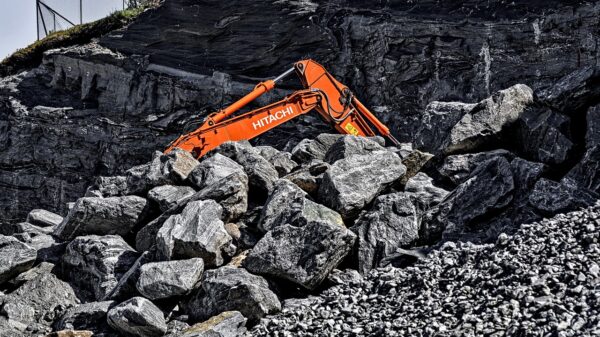








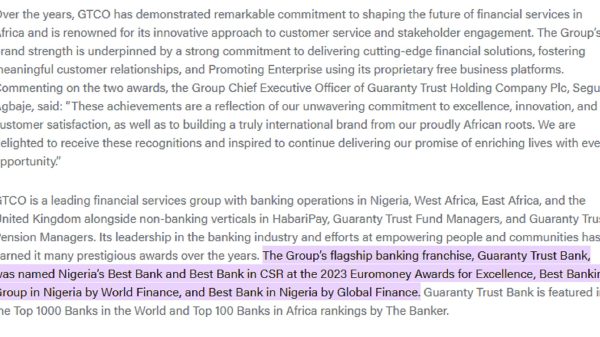



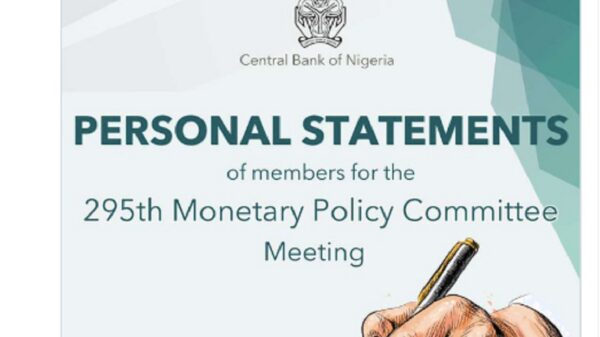
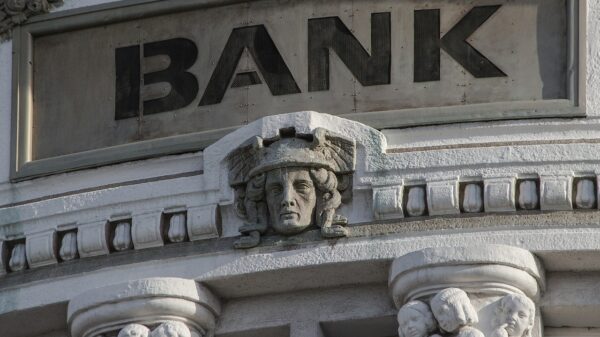



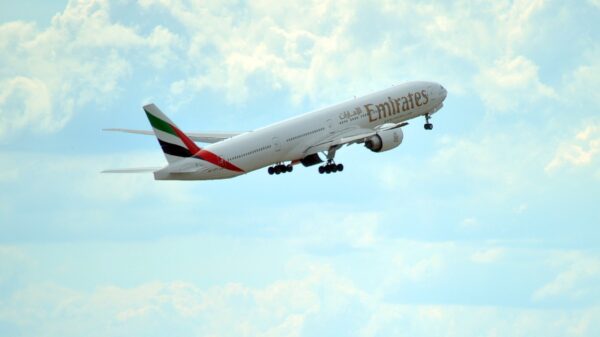



























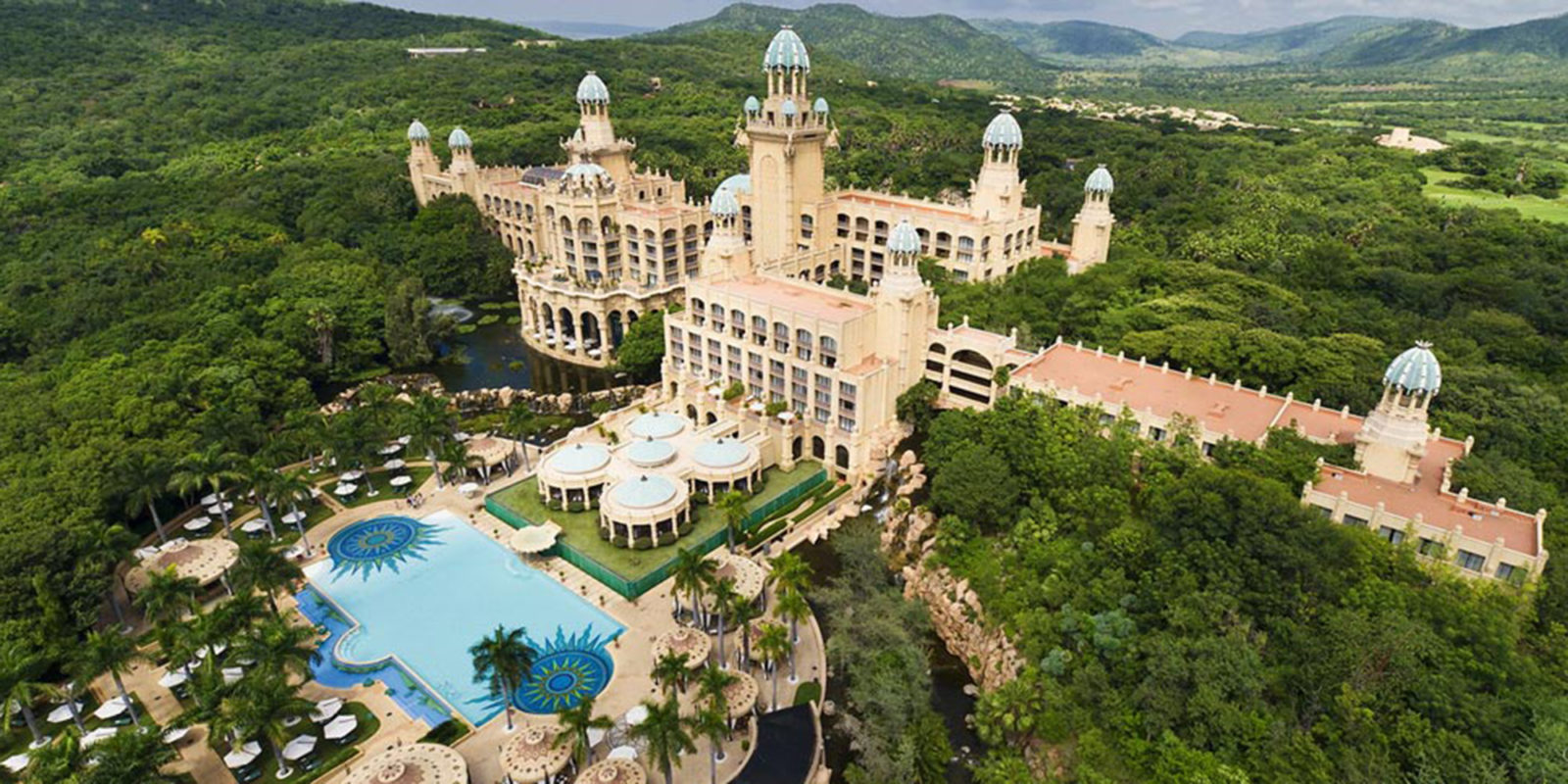
You must be logged in to post a comment Login